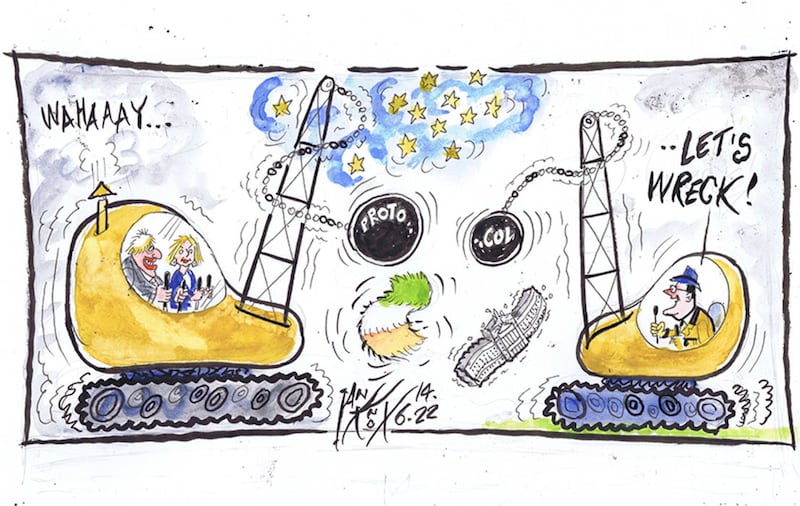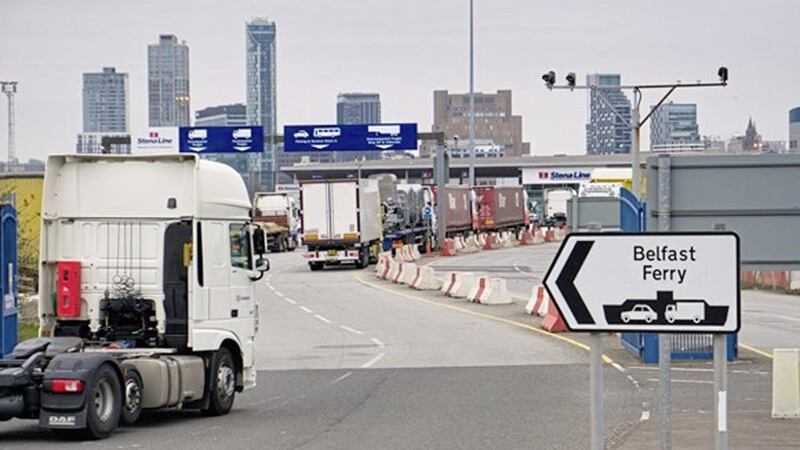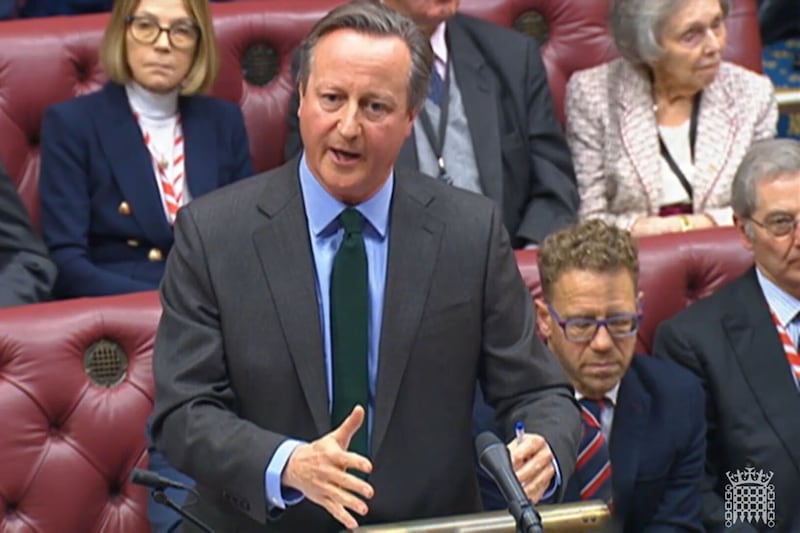The legislation tabled by the British government addresses several aspects of the protocol. John Manley summarises its reasoning and proposed solutions.
::
THE BRITISH government says the protocol as it currently exists has led to trade disruption and diversion, as well as significant costs and bureaucracy for businesses. It acknowledges that elements of the protocol are operating well and should be preserved but it claims people in Northern Ireland are being disadvantaged compared to their counterparts in Britain and that unionists especially feel detached from the rest of the UK. The British government says that its preference is to negotiate but argues that after 18 months it is failing to make headway. It says proposals set out in the legislation would deliver a sustainable outcome and "restore the balance" of the Good Friday Agreement.
The legislation as it stands aims to establish a 'green channel' for goods arriving from Britain destined solely for the north. It's claimed this would fix the burdens and bureaucracy caused by sanitary and phytosanitary (SPS) rules.
There is also a proposal to introduce a new dual regulatory model that will enable businesses to follow either UK or EU rules, while there are additional plans to set policies on subsidy control and VAT that extend to Northern Ireland. The legislation also plans to address what the British government refers to as the protocol’s "unequal governance" by removing the role of the European Court of Justice in dispute settlements, reinstating the primacy of the UK authorities.

Specifically on customs and agrifood, the British government says the protocol imposes burdensome bureaucracy and that even though only one-sixth of goods arriving in the north pose any risk to the EU's single market, checks are carried out on all goods. It says these controls are felt most acutely by those who deal in seed potatoes and plants, while it's claimed an increased number of businesses based in Britain have stopped shipping goods to the north. The 'green' lane for goods destined for Northern Ireland-only would be supported by a trusted trader scheme overseen by UK authorities, with those who abuse the systems facing "robust penalties, including civil and criminal charges". Implementation of the new arrangements would include data sharing with the EU and a purpose-built IT system.
In terms of regulation, the British government says the more EU and UK rules diverge then the greater the barriers to trade, especially for those businesses that operate solely in the north and Britain. The UK aims to introduce a dual regulatory regime which it says will provide "flexibility", while also protecting the EU's single market. Under this proposal it is claimed that whether businesses in the north chose EU or UK regulations they would still have unfettered access to the market in Britain. This plan has already met with resistance from representatives of the agrifood industry, which likely explains why there are provisions to "identify required modifications for specific sectors". Again, these measures would be accompanied by a "robust set of safeguards" to protect the EU single market.
Regarding tax and spending, it is claimed the protocol prevents people in the north "enjoying the same freedoms" as their counterparts in Britain because EU state aid rules continue to apply. The British government says it will introduce "new freedoms" that will allow it to roll-out UK-wide support for companies and citizens. It says it would maintain the protocol's existing arrangements on VAT and excise to support trade "on the island of Ireland" but ministers would be enabled to adapt or disapply rules to ensure parity with Britain. The legislation proposes bespoke mechanisms for dialogue alongside those already included in the Withdrawal Agreement.
On governance the British government maintains that rules are made and imposed on Northern Ireland without "ongoing democratic consent" and that disputes are settled by the European Court of Justice. The legislation aims to create what is termed "more balanced arrangements" that will be managed through dialogue ahead of independent arbitration. It will also dovetail with dual regulation insofar as EU rules won't need to be adhered to.








